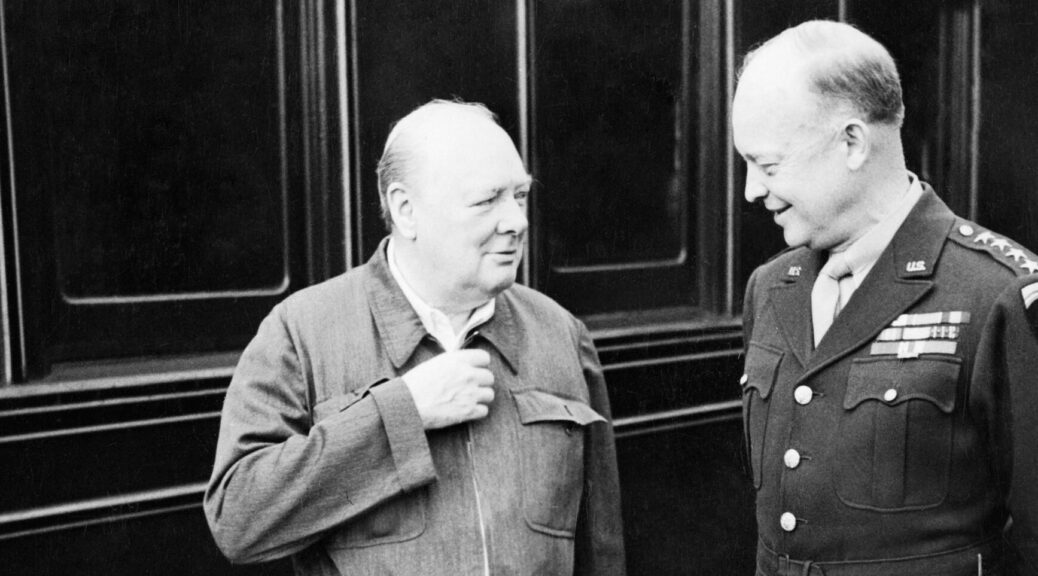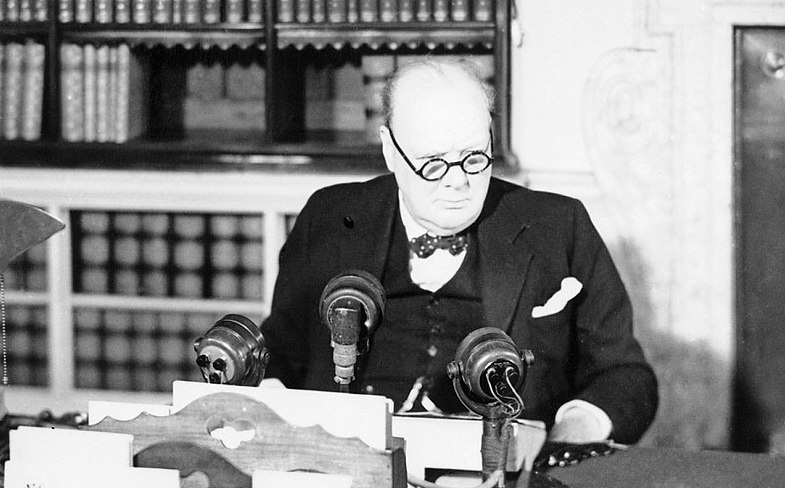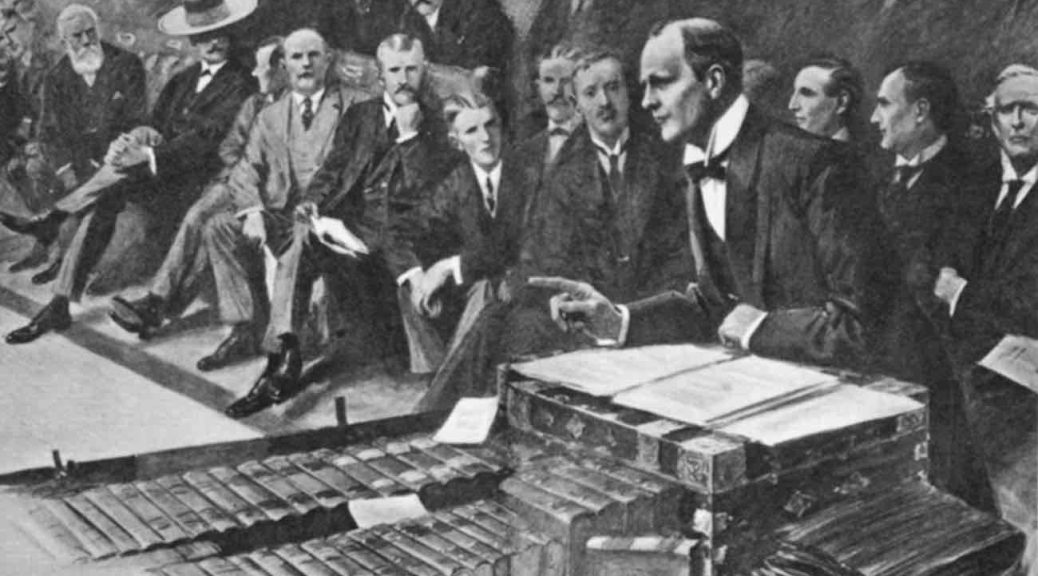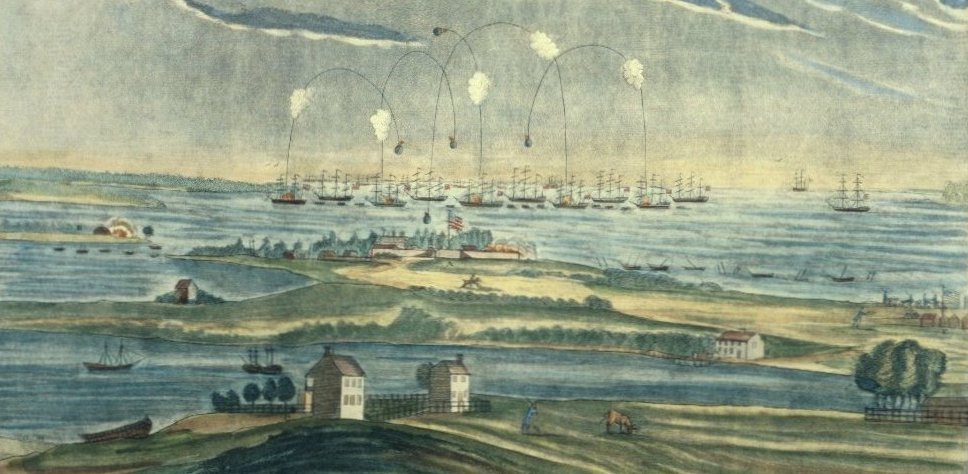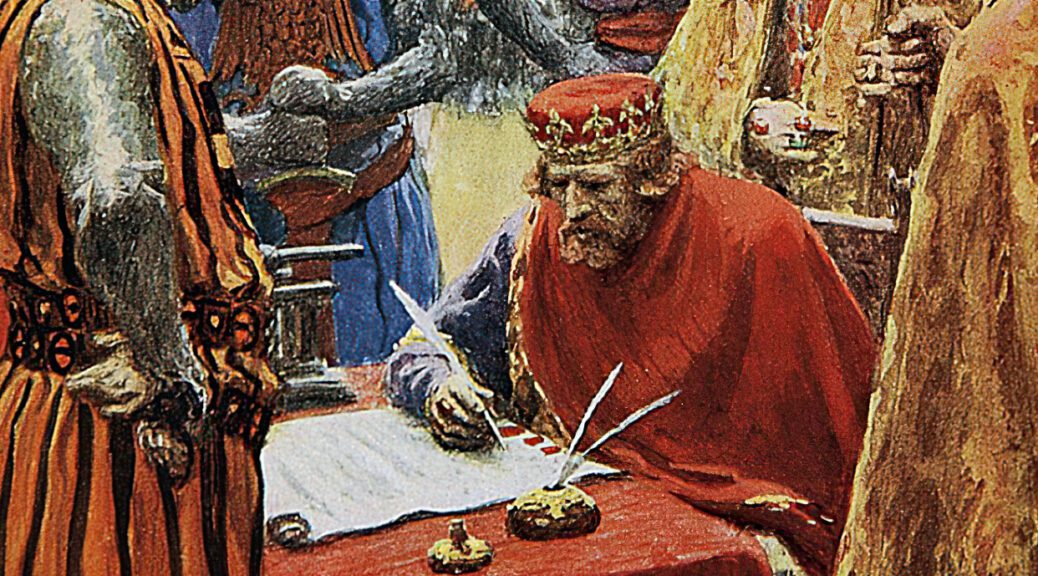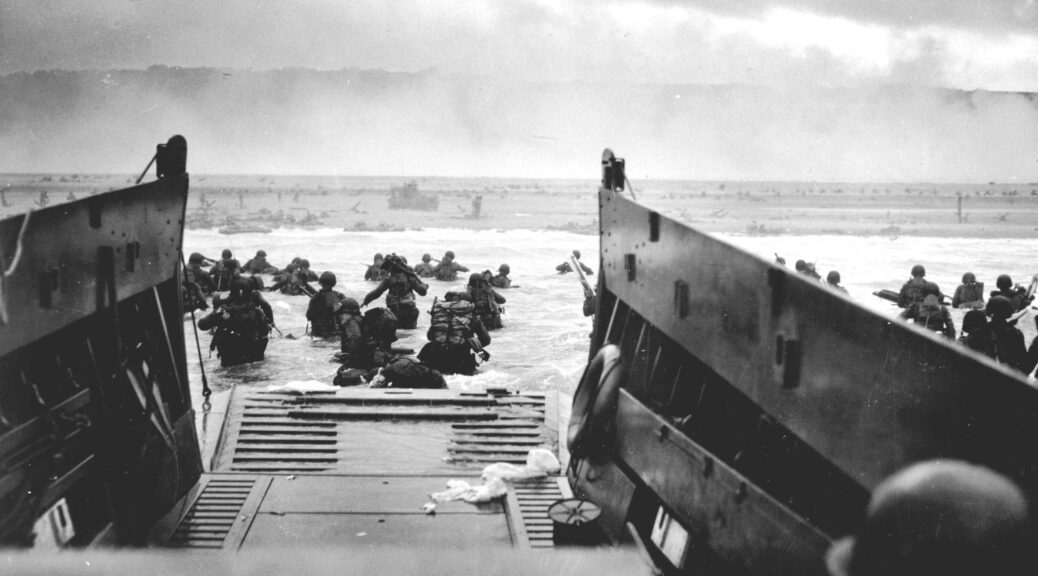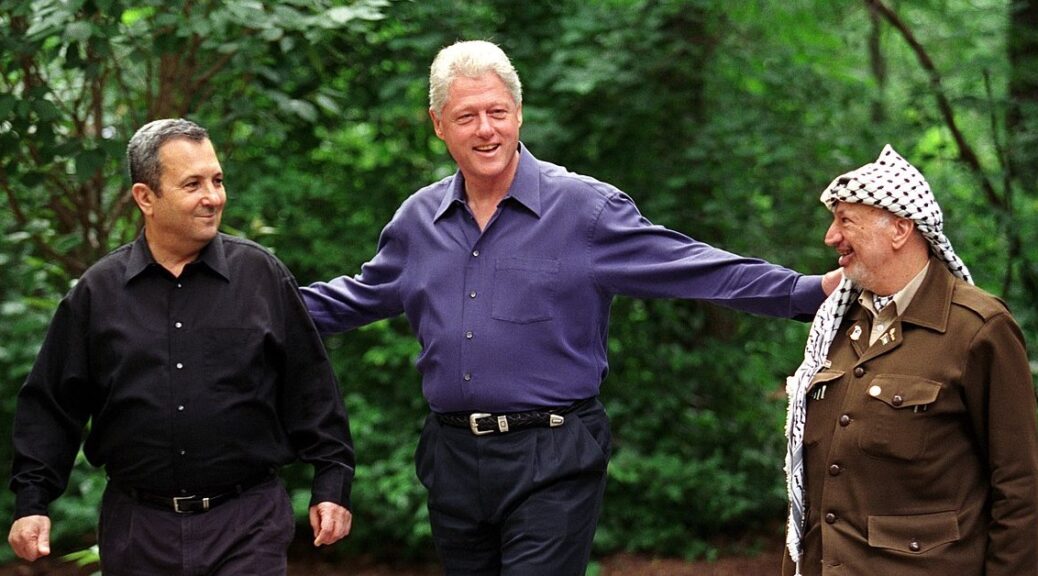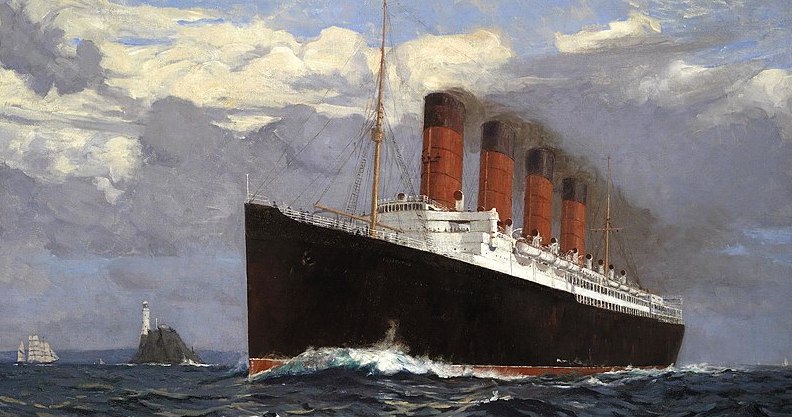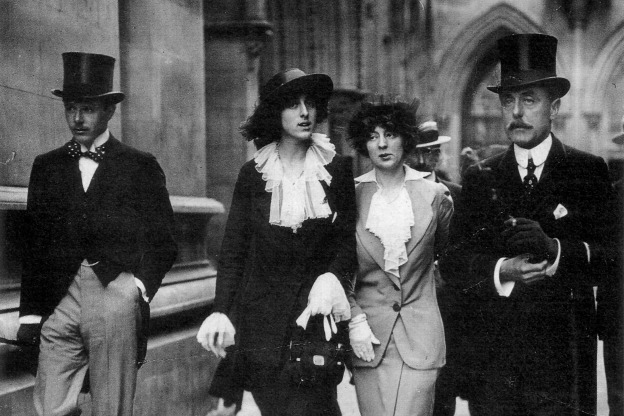
Churchill Quotes: Mooing Dolefully; Fight When You Can Win
"Winston was enormously witty. He spoke of 'this great country nosing from door to door like a cow that has lost its calf, mooing dolefully, now in Berlin and now in Rome—when all the time the tiger and the alligator wait for its undoing.' Don't be worried, my darling. I am not going to become one of the Winston brigade." —Harold Nicolson, March 1938.
"But really he has got guts, that man. Imagine the effect of his speech in the Empire and the USA. I felt a great army of men and women of resolution watching for the fight. And I felt that all the silly people were but black-beetles scurrying into holes." —Harold Nicolson, July 1940
